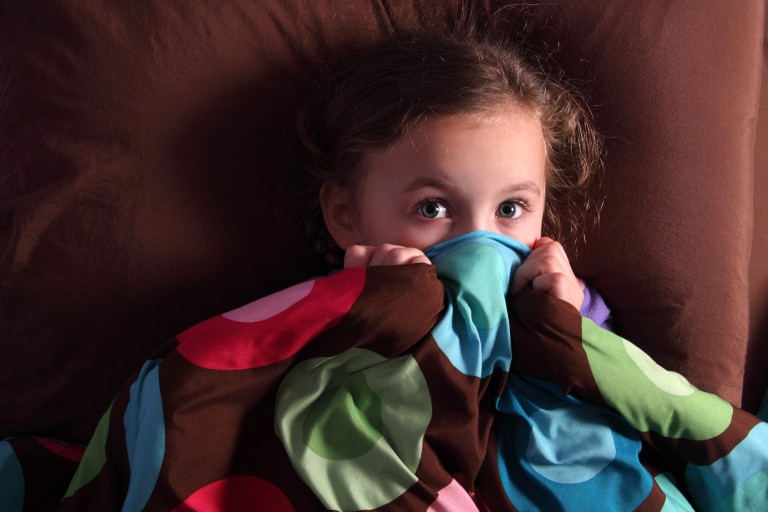Advice from Dr. B
Pediatrician's Perspective
Pediatrician's Perspective

There are overt signs of constipation, like straining and not having bowel movements regularly. However, there may be certain subtle signs that can point to constipation as well. One of them is wetting at night (bed-wetting) or wetting during the day (accidents), especially after the child is potty-trained. Another term for this is enuresis. This can happen in younger children, but also in older school-age children as well.
Many times, these children are too scared to go to the bathroom to urinate because in doing so they may have the urge to defecate. They know, either consciously or subconsciously, that passing a stool will be very painful. As a result, they withhold their stool. Their bodies become trained to keep the stool in, as well as the urine, until the bladder literally overflows and wetting occurs. Bed-wetting usually comes first, then as constipation progresses and more withholding occurs, daytime accidents can start to occur as well. It can be very disheartening and humiliating for these children, especially if the wetting occurs at school, in public places, or in front of peers and friends.
Constipation is a vicious cycle. Dry, hard stool becomes impacted or stuck in the rectum. The longer it stays there, the harder and drier it becomes. This causes the child’s body to hold it in longer to avoid the pain of passing the stool. This continues the cycle until something can interrupt it.
Pedia-Lax® has a full line of laxatives for children that can be used to break that cycle and provide relief within hours. Pedia-Lax® Liquid Glycerin Suppositories provide your child relief in minutes. Designed for kids ages two to five, the sodium-free formula contains doctor-recommended glycerin to soften stool on contact without upsetting your child’s digestive system. Pedia-Lax® Glycerin Suppositories, also formulated for children ages two to five, provide the same quick, gentle relief as liquid suppositories in an appropriately sized solid form. Alternatively, Pedia-Lax® Chewable Tablets are appropriately dosed oral laxatives containing magnesium hydroxide that offer gentle relief for children ages two to eleven without the sometimes-painful cramps of stimulant laxatives.
As always, being aware of your child’s bowel movements and behavior early in the cycle is the best way to manage these situations. Be in tune with the patterns that your child may exhibit when they are not eliminating regularly. Be gentle and supportive, offering soothing comfort and reassurance. Furthermore, don't wait too long to see your child’s doctor if symptoms persist, as it could point to something other than constipation.
For additional constipation education including articles and tips, visit “Advice from Dr. B” on Pedia-Lax.com. Always consult your pediatrician or healthcare professional for medical advice and guidance on your child’s conditions, as they know your child’s medical history the best. Together you can work as a team to help your child on the road to regular bowel health!